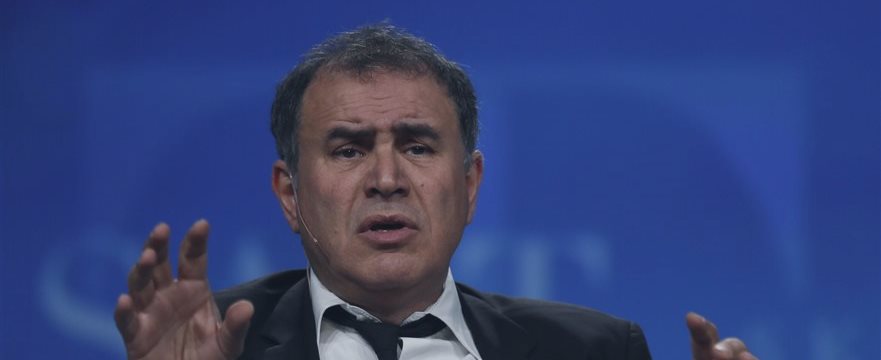
Roubini: Worries that Fed rate hike will negatively impact emerging markets exaggerated
“The prospect that the
U.S. Federal Reserve will start exiting zero policy rates later this
year has fueled growing fear of renewed volatility in emerging
economies’ currency, bond, and stock markets,” Nouriel Roubini
wrote in his monthly column for Project Syndicate.
He is confident, however, that the risk of an explicit crisis and distress will be limited, though the prospect of the Fed raising interest rates will likely create turbulence in emerging markets.
Currently, emerging economies have stronger macro and structural fundamentals than they did back in 2013, “which will give them greater resilience when the Fed starts hiking rates.”
As Roubini explained, the main fear for these economies lies in their ability to repay debts.
Lifting interest rates in the U.S. will likely raise the value of the dollar, which could affect emerging market economies that have borrowed trillions of dollars in the recent years.
In his opinion, they will now have to deal with an increase in the real local-currency value of these debts, while rising U.S. rates will push emerging markets' domestic interest rates higher, therefore aggravating debt-service costs.
These things are self-inflicted and the U.S. central bank should not be to blame for emerging market economies' woes.
“In fact, serious financial problems in several emerging economies – particularly oil and commodity producers exposed to the slowdown in China – are unrelated to what the Fed does,” he said.
The exit from zero policy rates will drive issues for countries with huge internal and external borrowing needs, large stocks of dollar-denominated debt, however, the slowdown in China also plays a part, he said.
“China’s economic slowdown, together with the end of the commodity super-cycle, will create additional headwinds for emerging economies, most of which have not implemented the structural reforms needed to boost their potential growth,” he added.
Implementation of necessary reforms would keep the countries in a better position to face any shocks from a U.S. rate liftoff, which is expected later this year.
Some will suffer more than others when hike will happen. But, "with a few exceptions lacking systemic importance, widespread distress and crises need not occur.”


